Logo, Certificate or Awareness: What Do Organic Consumers Need Most?
According to the regulations by the Food Safety and Standards Authority of India (FSSAI), organic foods produced in India from July 1, 2018, must be certified. The unified logo and tagline aim to make it easier for consumers to identify organic products.
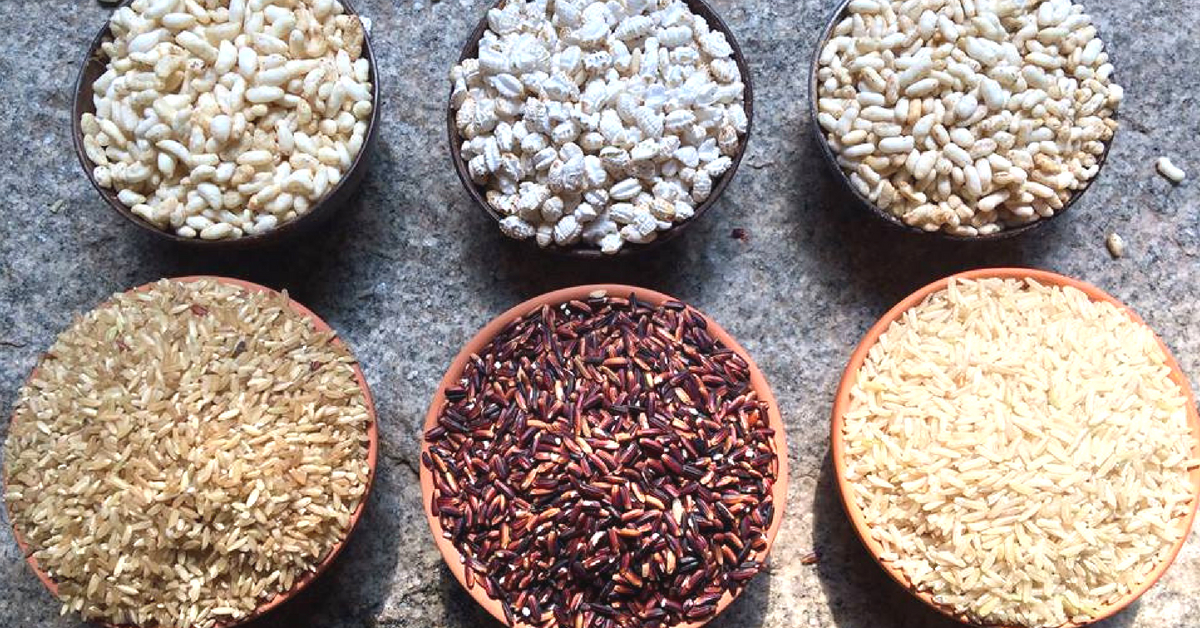
If you’ve been following the developments in the agricultural sector, you will know that a new set of regulations by the Food Safety and Standards Authority of India (FSSAI) made effective from July 1, 2018, mandate that organic food in India is to be certified.
The regulations recognise two existing certification systems for this process–the National Programme For Organic Production (NPOP), regulated by the Ministry of Commerce and Industry, and the Participatory Guarantee System (PGS), regulated by the Ministry of Agriculture and Farmers’ Welfare.
Along with a unified logo, the tagline “Jaivik Bharat”, aims to make it easier for consumers to identify organic products.
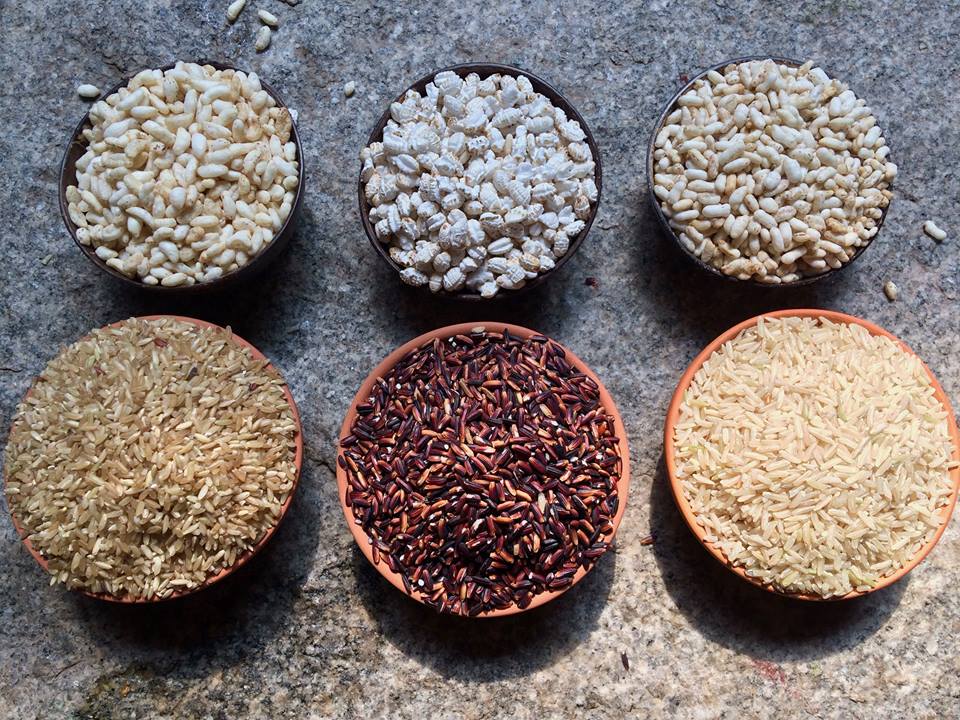
The Jaivik Bharat website states that at the heart of these regulations, are attempts to eradicate the mislabelling of non-organic products as organic, and similar fraudulent practices. They hope that this will help in increasing consumer confidence when making a choice.
According to The World of Organic Agriculture: Statistics and Emerging Trends 2018, India has the largest number of organic producers in the world, with a count of 835,000. Of the 4.9 million hectares dedicated to organic agriculture in Asia, India holds the second largest share with 1.2 million hectares.
Previously, certification through the NPOP system was mandatory only when the produce was being used for export purposes. But over the last few years, India has witnessed a growing domestic market for organic products. From 2015-2016, the production of organic products in the country was 1.35 MT, of which about 19% was exported. The same statistics, when observed between 2002-2003, show that of the 14,000 MT produced in that year, almost 85% was exported.
Also Read: With This New Logo, Now You Can Identify ‘Certified’ Organic Food Products
As more and more consumers actively seek organic options, a stamp of approval does seem like the logical next step to assure safety and authenticity. But with existing issues in organic agriculture and the fact that many in this sector are smallholder farmers, we need to understand what the certification process entails for them.
Speaking to experts and entrepreneurs who help small-scale organic farmers find the right market, one realises that organic agriculture is not just about avoiding chemical inputs. There is a deep-rooted sense of holding on to traditions, of respecting the land and the resources around and promoting agriculture which works for the producer and the consumer.
Finding the middle ground

Vishalakshi Padmanabhan, the Founder of Buffalo Back Collective, says that certifications while important, need to be as inclusive as possible. She has been involved in representing small and marginal farmers, conveying their inputs and feedback to FSSAI about these regulations. She adds that as a first step, we need to understand our farmer population.
She shares, “We need time to assist farmers with the certification process. The regulations can keep running, such that in the first round, the certified farmers come in. People should not be penalised for calling their produce organic, yet. What we need now is data of all the farmers. Those who are certified can continue to operate as certified, and those who are not should be able to continue as well. Once we get the list of the uncertified farmers, we can work through it and help them with the process.”
She points out that this is hypothetical, and that FSSAI has been open to the discussions.
When it comes to organisations like Buffalo Back, customers visit the store because they know Vishalakshi’s mission and her work. In such places, where an underlying trust factor plays a bigger role in choosing organic products, certifications may have little to no impact.
However, relatively newer organisations will not have this advantage. While certifications and logos will help establish that initial bond with the consumer, over time, other factors come into play.
She explains, “The risk is that not all retailers will be supportive of this transition. At present, there are different types of organisations working in this space – volunteer-driven, passion-driven and livelihood-driven. It is important that we have these different goals because that is what runs the economy.”
She continues, “The problem in the current situation is that when livelihood-driven organisations begin closing their doors for uncertified farmers, it will not be easy for them to sustain themselves. This is why we need the right information and the right amount of time to set things in motion.”
Building on foundations
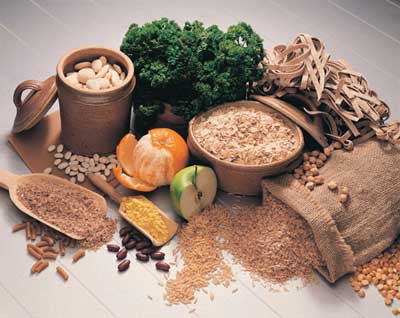
Similar to Buffalo Back, Chennai-based reStore connects small and marginal organic farmers to consumers through their store. Radhika Rammohan of reStore shares that regulations are required to give this space some structure, but not at the cost of the farmers.
Radhika observes, “The organic sector is at a stage where everything seems all over the place. It is difficult for customers to trust the authenticity of the product. However, it is also important that the regulations are enabling for small farmers and small retailers. They are a large part of the production and retail systems.”
The reStore website states -“We operate a not-for-profit shop where we sell 100% organic foods sourced directly from farmers. Organic verification is done by means of personal visits to see their farms and understand their work, and price-setting is by mutual consent.”
Radhika says that the organic farming movement has been led from grassroots by many individual farmers, farming communities, NGOs, and interested individuals. It is important that the work done so far is recognised and built into systems that further authenticate it.
She notes, “Most of the farmers are looking for a market that will appreciate their organic practices. The sad part is that the complete onus is on the organic sector to keep proving that it is safe. We need enabling mechanisms like farm extension services, more testing facilities and easier ways to get through the process. The certification process has to be easy for small farmers and small businesses to continue.”
The cost of certification through NPOP can be anywhere between Rs 30,000 to 40,000. Participatory Guarantee Systems instead provide farmers with an option to form groups and inspect each other’s lands.
Understanding the ecosystem is important
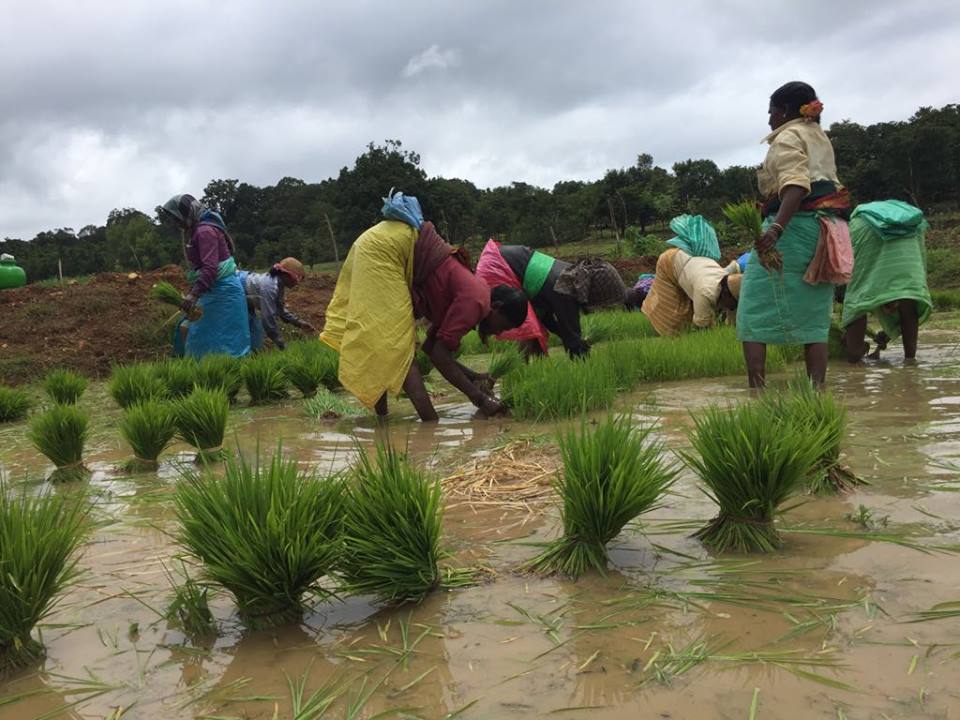
The World of Organic Agriculture: Statistics and Emerging Trends 2018 report states that PGS systems are essential for countries wanting to regulate their organic sector. Despite being the more preferred option, the report highlights that the system does pose challenges regarding bureaucratic procedures and lack of proper training for farmers.
Ajay Rastogi, organic farming expert and Co-Founder & Director of The Foundation for the Contemplation of Nature, says that while regulations are needed to streamline the processes, consumers need to understand what is at stake.
He says, “I think we need to encourage organic and traditional agricultural practices to make them the norm. As of now, most consumers have only a few organic products on their plate, and for the rest, they subsist on what is available in the market. If we don’t value these traditional practices, they get propagated in a commodified manner, which essentially beats their purpose. Farmers want to grow organic, but they also want to save their land, rejuvenate the soil, conserve water and grow diverse crops. Encouraging these practices overall will also ensure that farmers gain food and nutritional security from their plot of land. That should be one of the bigger goals.”
Lathika George, author of Mother Earth, Sister Seed-Travels Through India’s Farmlands adds to this argument that knowledge of where the organic farmers are coming from is important. Based on visits to organic farms all over the country, Lathika shares that farmers usually fall under three categories–smallholder farmers in remote areas who have little access to chemical products; farmers who continue to follow tried-and-tested traditional methods and refuse chemical solutions; and farmers who grow organically for commercial purposes.
The first two categories, Lathika shares, sell largely within their communities–directly to consumers. The regulations state that such farmers need not go through the certification process. But even where there is a commercial intent, the author insists we should be encouraging of their work.
“Many of the people involved in organic farming are very idealistic. Stricter regulations bring more hurdles to these farmers, who barely make it, to begin with. Considering that these agricultural methods do not pollute the environment, preserve and revive natural resources and have an overall positive impact, farmers should be given subsidies,” Lathika shares.
You May Also Like: A Farmer’s Step-By-Step Guide To Making The Switch to Organic Farming!
The consumer’s role
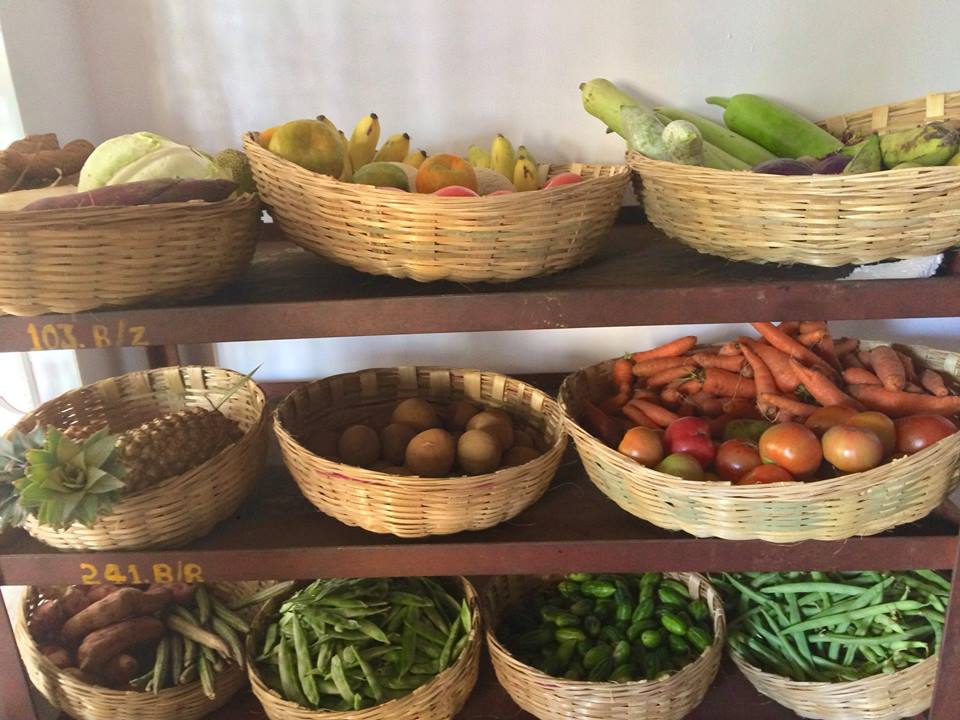
As organisations, community leaders and farmer groups continue to give their feedback, it is important that consumers also understand the intricacies behind these discussions. Talking about the consumer’s role in all this, Ajay says it is time that consumers look beyond labels.
He says, “We work with small farmers day in and day out, so we witness the problems they face on a regular basis. People think certifications will give farmers more market access, but that is just one aspect of the whole story. This is why we feel the need for consumer awareness and participation. Just like farmer-solution organisations, consumer organisations should come up with their own protocols, and what they feel is appropriate to enable farmers as well as themselves.”
Ajay feels that such organisations will help create systems which will be easier to implement and amicable for everyone involved.
He concludes, “Let’s not forget that when it comes to food, farmers are also consumers. We are all in this together.”
(Written by Sharmila Vaidyanathan and Edited by Shruti Singhal)
Like this story? Or have something to share?
Write to us: [email protected]
Connect with us on Facebook and Twitter.
NEW: Click here to get positive news on WhatsApp!
If you found our stories insightful, informative, or even just enjoyable, we invite you to consider making a voluntary payment to support the work we do at The Better India. Your contribution helps us continue producing quality content that educates, inspires, and drives positive change.
Choose one of the payment options below for your contribution-
By paying for the stories you value, you directly contribute to sustaining our efforts focused on making a difference in the world. Together, let’s ensure that impactful stories continue to be told and shared, enriching lives and communities alike.
Thank you for your support. Here are some frequently asked questions you might find helpful to know why you are contributing?


This story made me
-
97
-
121
-
89
-
167











